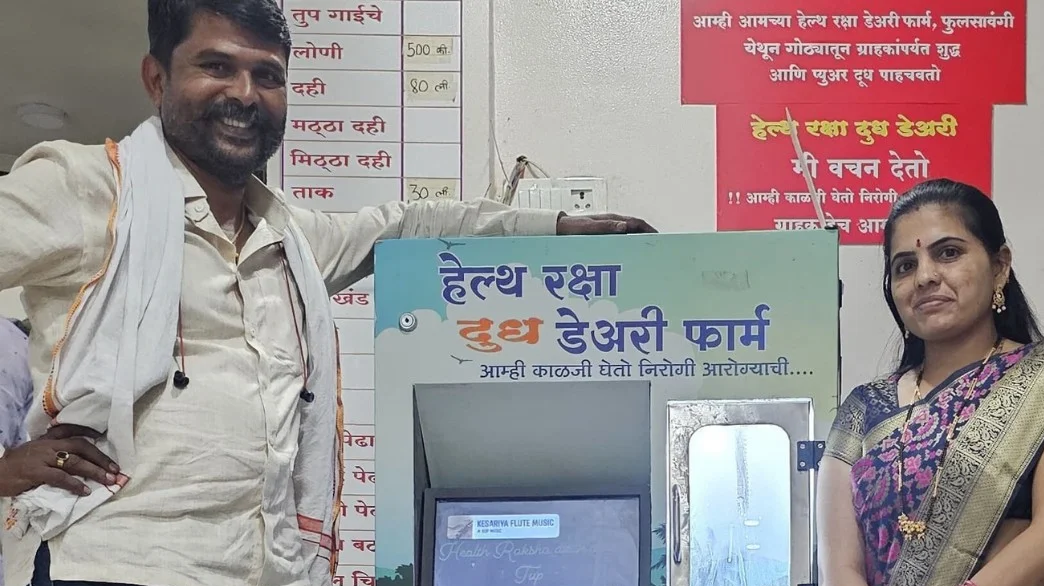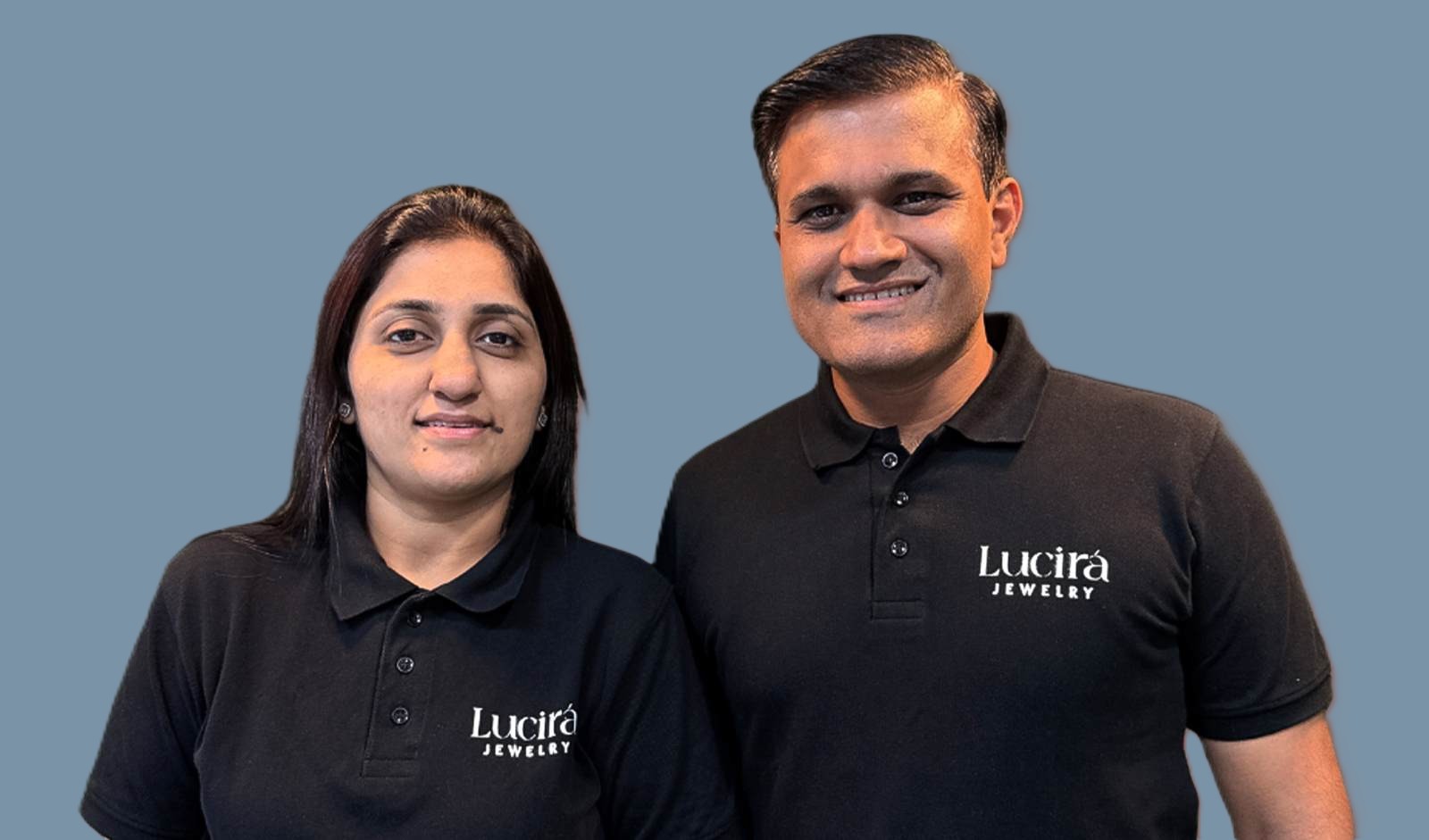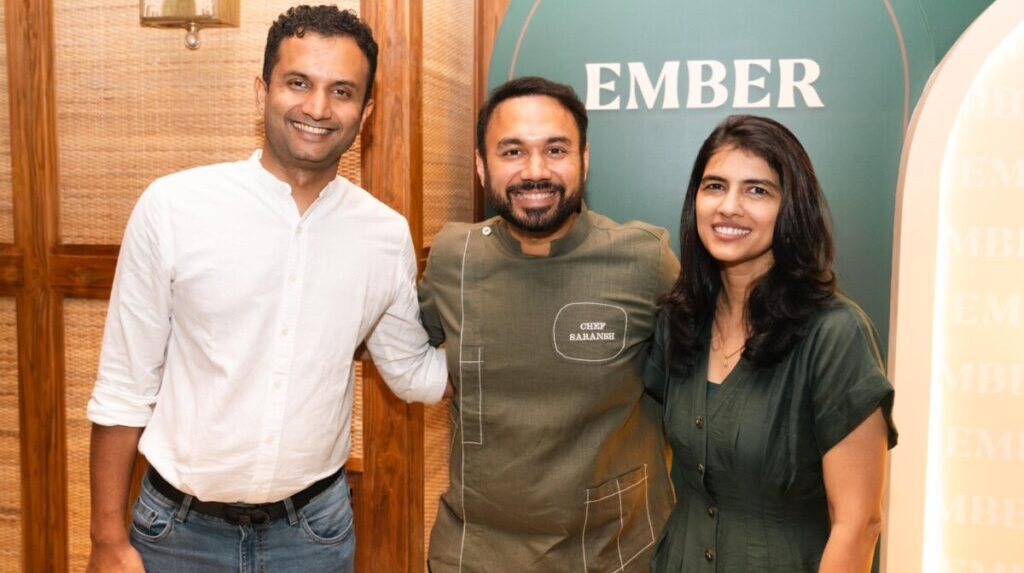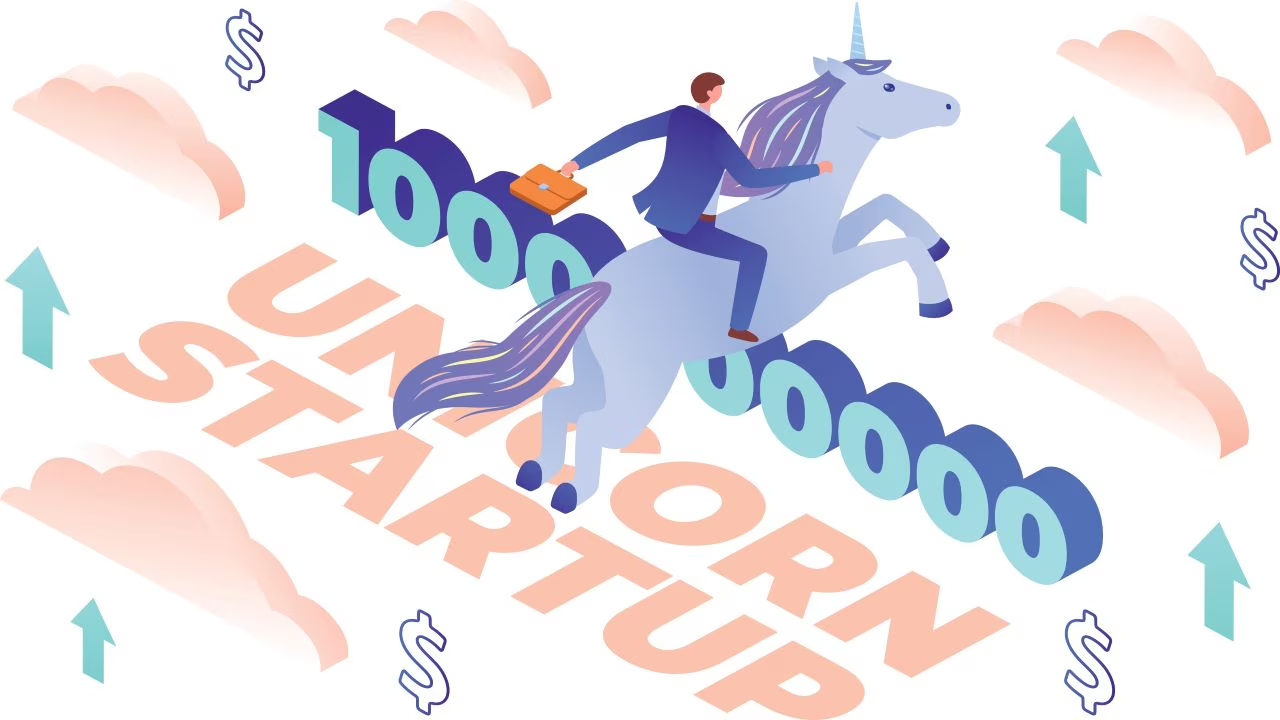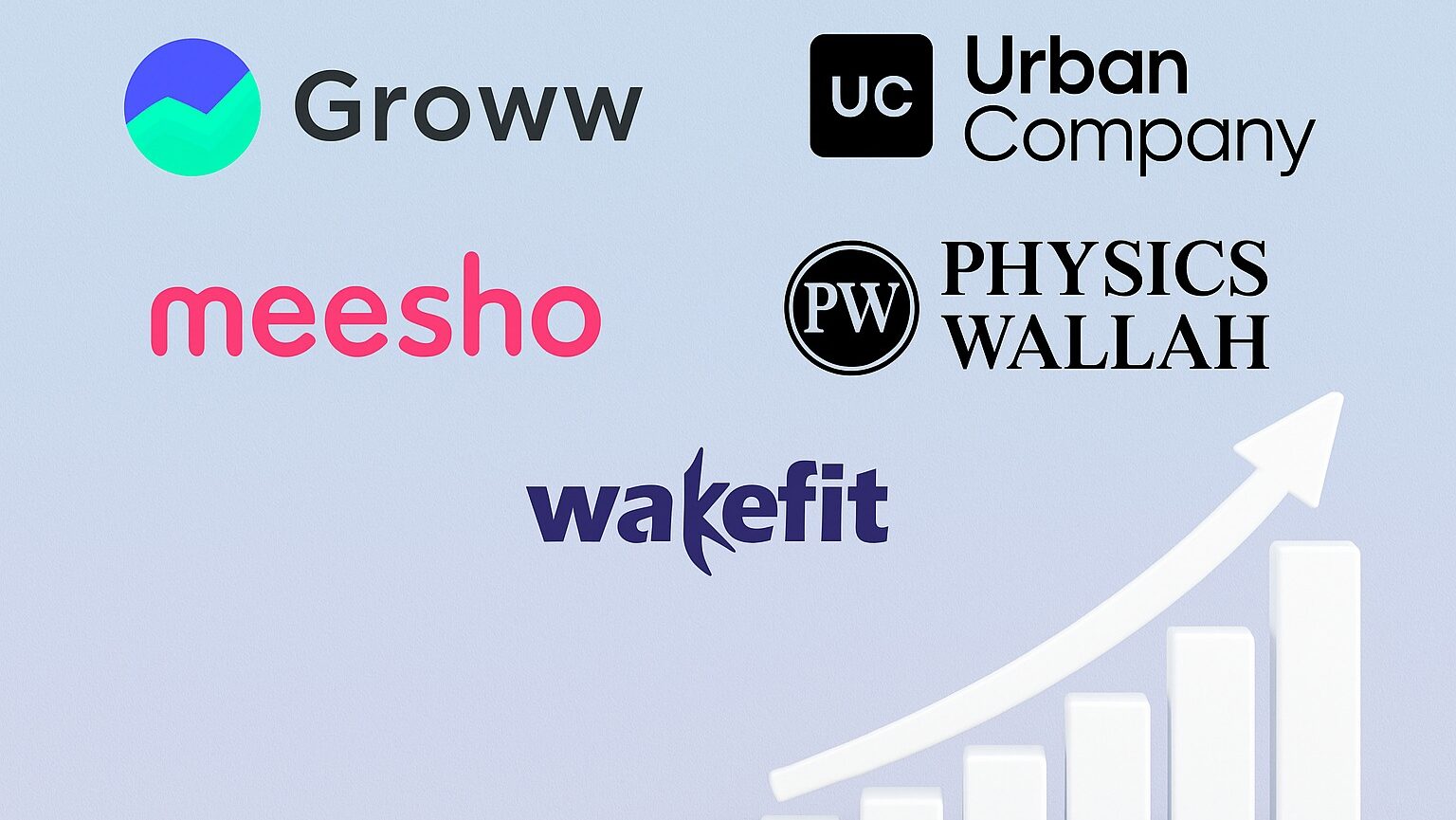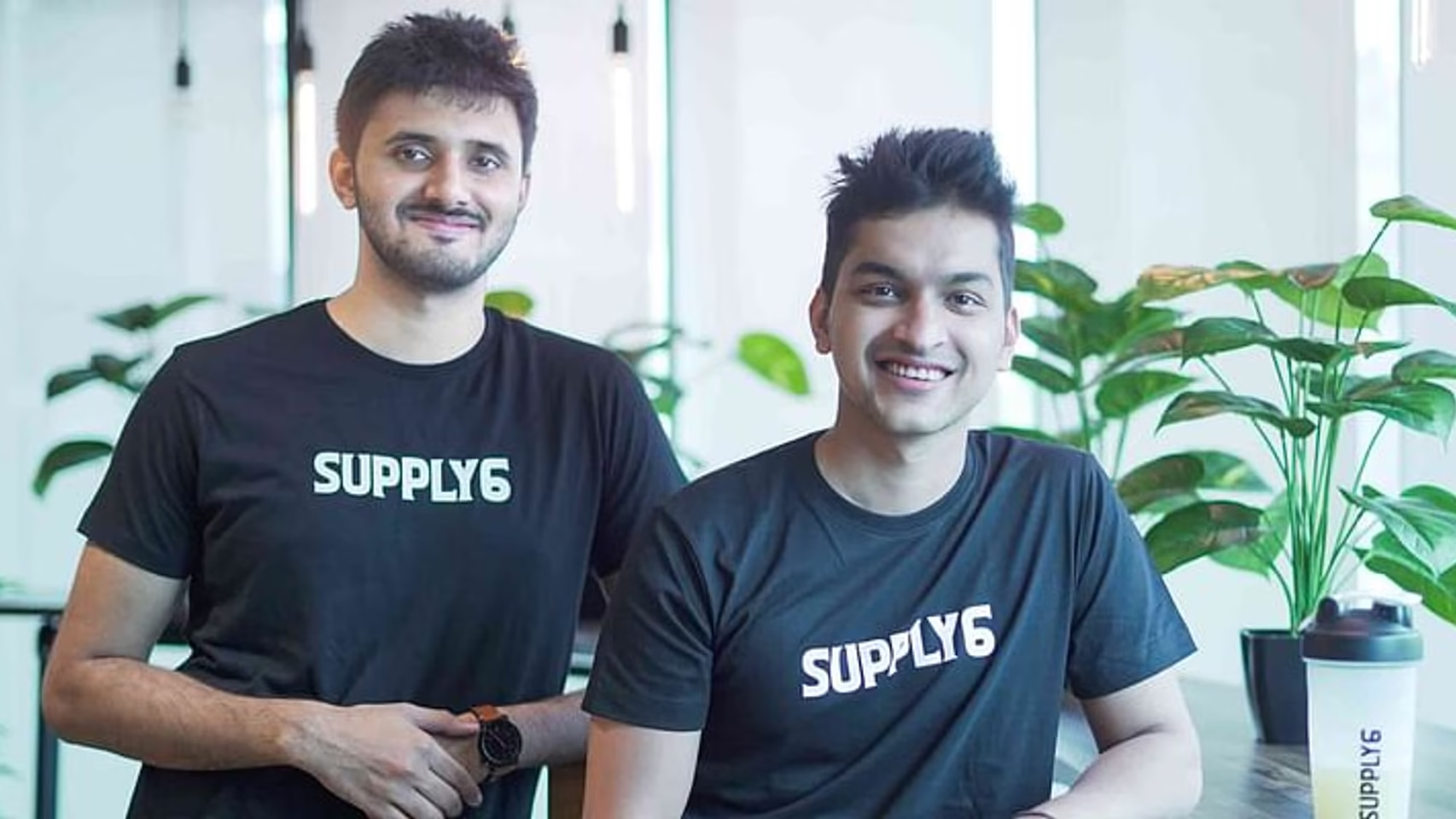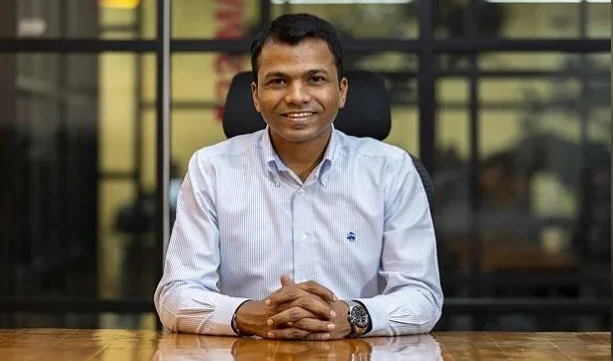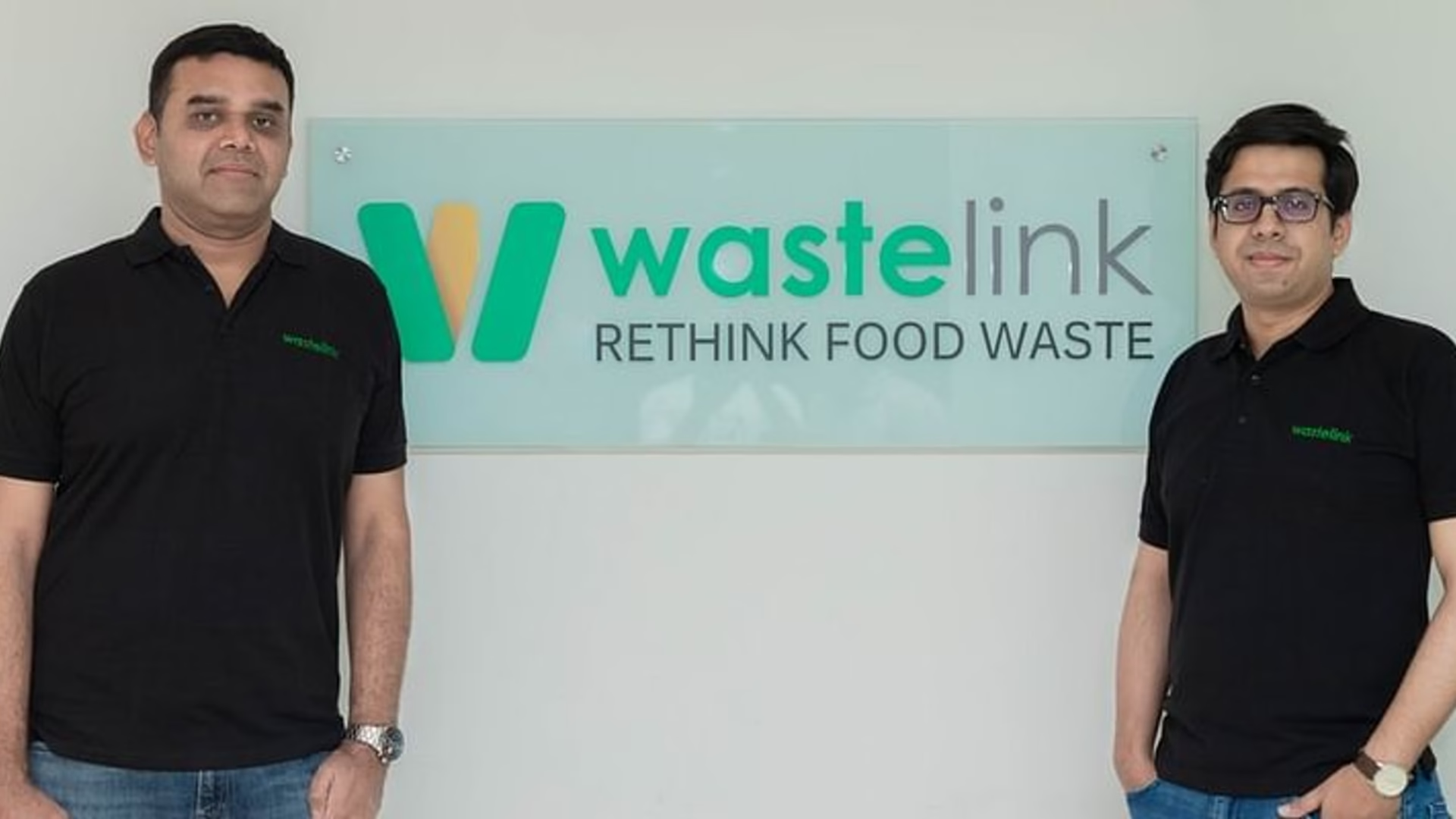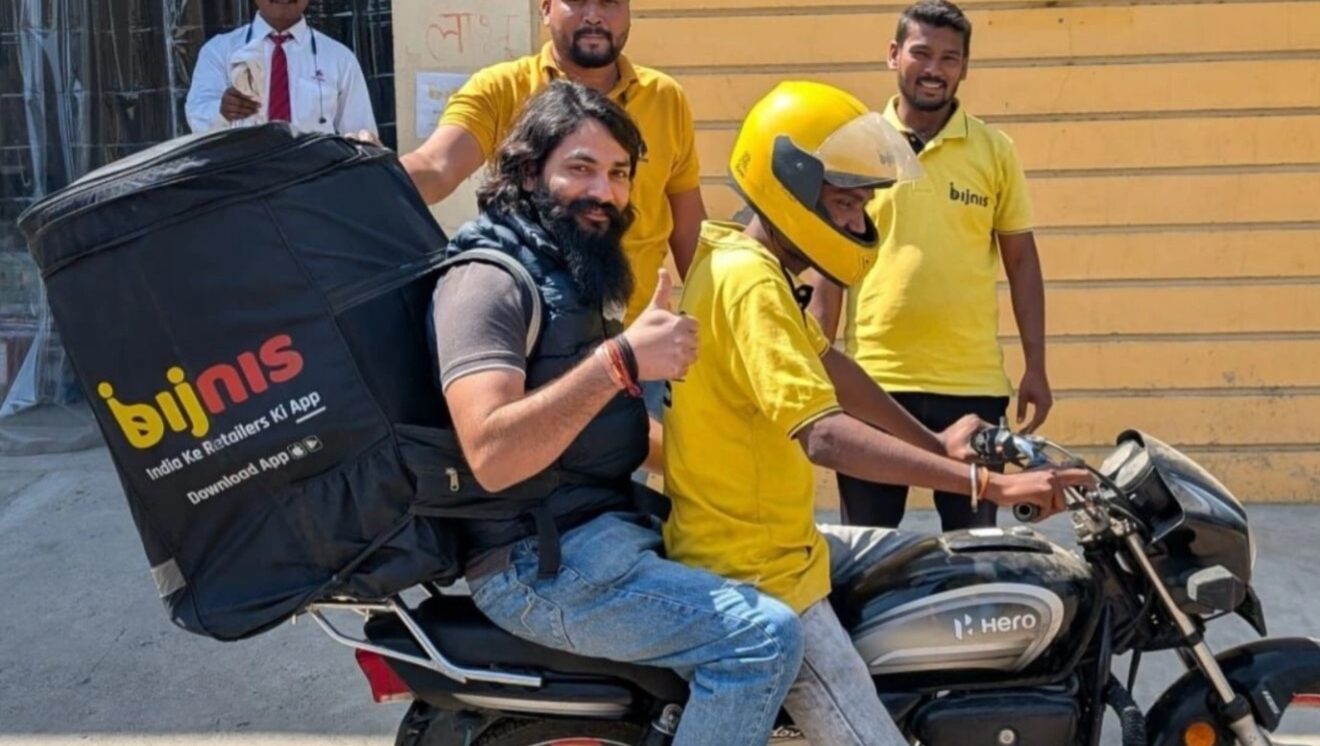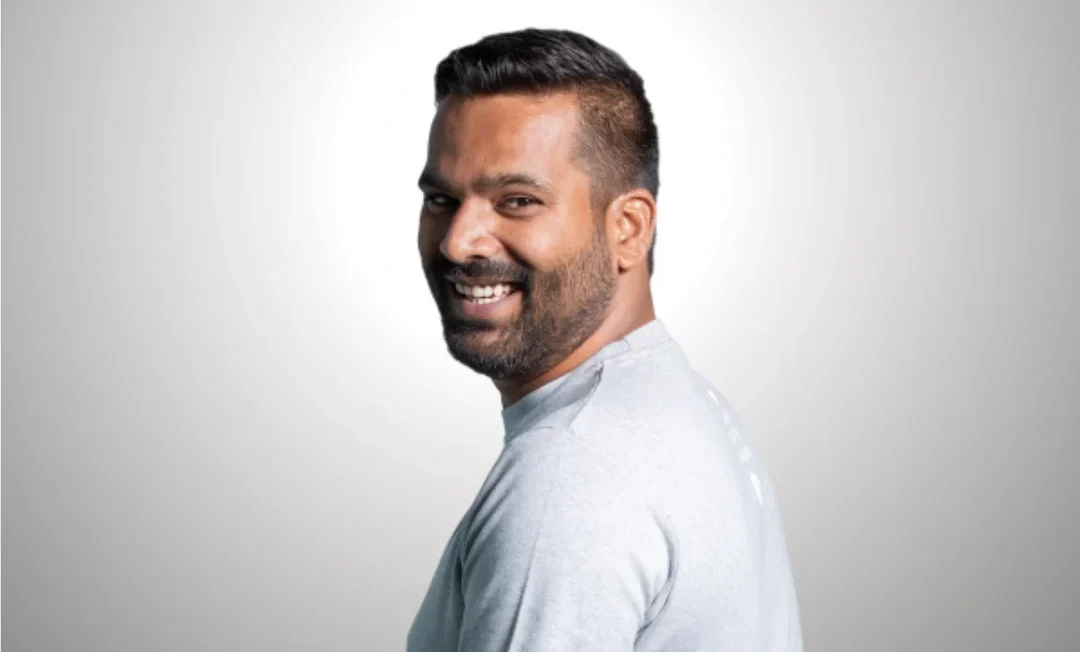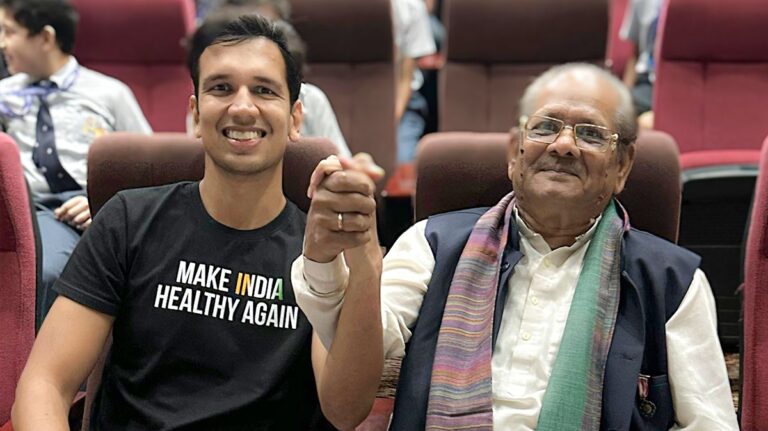Yavatmal, Maharashtra: In the heart of Vidarbha, where failed crops often signal the end of hope for small farmers, 43-year-old Sunil Kolpe has scripted a quiet revolution. When agriculture failed him, Kolpe turned adversity into an opportunity, launching a tech-enabled, sustainable dairy business that now serves over 250 customers and generates ₹75,000 a month, all without a single rupee of institutional funding.

In 2022, after years of declining yields on his 24-acre farm in Fulsawangi, Kolpe made a difficult decision. With banks turning down his loan applications and crop income drying up, he sold his wife’s jewellery and used his savings to purchase 16 Murrah buffaloes from Haryana, investing ₹13.5 lakh into what would become the region’s first farmer-owned milk ATM business.
“Everywhere I turned, I faced rejection. So I decided to start something of my own, no middlemen, no delays,” Kolpe recalls.
From those humble beginnings selling just 10 litres of milk per day, Kolpe now operates a 350-litre-a-day dairy system powered by a refrigerated milk dispenser installed in the Mahagaon market. Dubbed the Milk ATM, it accepts QR codes, smart cards, and cash, serving milk chilled at 4°C. Customers bring their own containers, and nearly 200 of them have recharged smart cards to make the process seamless.
A Modern Rural Business
The milk ATM is only the tip of Kolpe’s rural enterprise. His buffaloes are housed in a scientifically designed cowshed equipped with cooling systems, clean water supply, cement troughs, CCTV cameras, and automated milking systems. Each buffalo yields 10–12 litres daily, and milk is sold at ₹70 per litre, above the local market rate, thanks to its consistently high 6.5% fat content.
To reduce input costs and improve sustainability, Kolpe composts dung from his herd into organic manure, collecting 70–80 trolleys worth every six months. This manure is used to enrich his own land, creating a closed-loop system where dairy and agriculture reinforce each other.
Sunil Kolpe: Scaling with Value Addition
Kolpe has moved beyond selling raw milk. He now produces and markets curd, paneer, buttermilk, ghee, and even runs a modest ice cream parlour adjacent to the milk ATM, a space that draws in families each evening and boosts customer footfall.
“People trust the milk because of its quality. But they also trust me,” he says, crediting word-of-mouth and personal rapport for his loyal customer base.
Kolpe’s story offers a potent model for rural entrepreneurship. Unlike dairy businesses dominated by private corporations and cooperatives, his is a rare instance of a grassroots, fully self-owned enterprise. According to Bhavsar Brothers Pvt Ltd, suppliers of the milk dispenser, Kolpe is the first farmer in Maharashtra to operate such a unit independently.
Lessons in Frugal Innovation
His journey also highlights structural challenges, lack of rural credit, soil degradation, and middlemen and provides a practical roadmap for bypassing them. A comparative matrix drawn by experts outlines Kolpe’s solutions: replacing failing crop income with dairy, bootstrapping instead of chasing loans, and leveraging simple technology for direct-to-consumer sales.
Policy analysts and dairy cooperatives alike are taking note. Kolpe’s business aligns with the “One Village, One Entrepreneur” ethos, a model that promotes self-reliance through small-scale enterprise and smart resource integration.
The Road Ahead
Kolpe’s ambitions are far from exhausted. He plans to add 10 more buffaloes and scale operations to 1,000 litres per day. His ultimate goal is to transform his dairy into a replicable template for sustainable rural entrepreneurship.
“I didn’t need subsidies. I needed stability,” he says. “I built this on trust, grit, and a dream.”
From selling milk to selling dignity, Kolpe’s is a story of modern rural India, one litre at a time.
Also Read: From ₹13,000 to ₹8,000 Cr: The Rise of Ice Cream Tycoon R.G. Chandramogan









